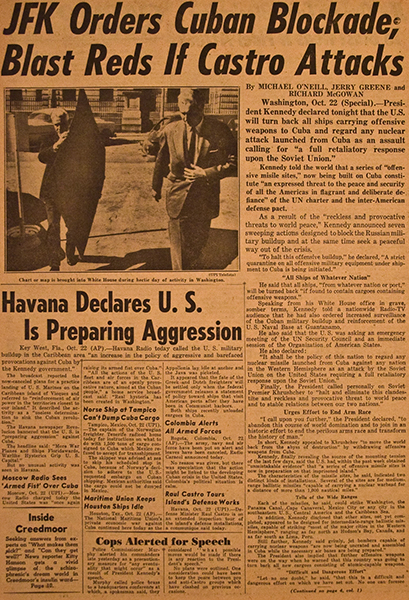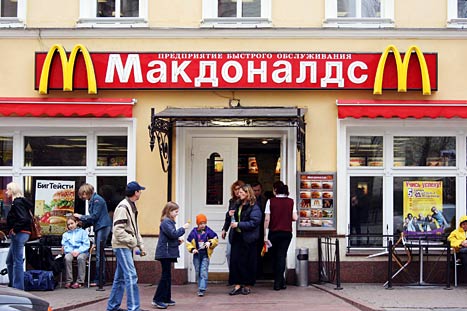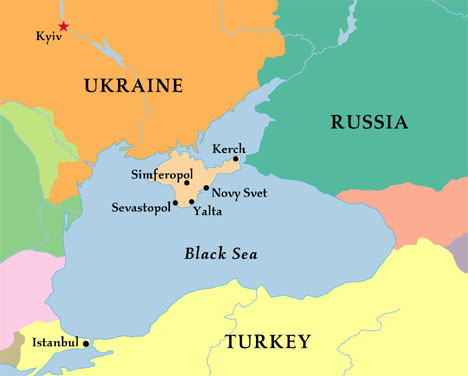Soviet Union
The struggle for ecology under socialism

Models of Nature
By Douglas R. Weiner
Building socialism for the 21st century: interview with Michael A. Lebowitz

[For more articles by or about Michael Lebowitz, click HERE.]
Michael A. Lebowitz interviewed by Darko Vesić and Aleksandar Stojanović
May 7, 2013 -- Left East,suggested to Links International Journal of Socialist Renewal by Michael Lebowitz.
Darko Vesić and Aleksandar Stojanović: Capitalism has been in crisis for several years now and in response to this crisis the capitalist states practice so-called austerity measures. If we look at the historical dynamics of capitalism in the last half century, we see that they responded to the crisis of the 1970s with what is now called “neoliberalism”. If the restoration of growth is what must be carried out as a response to the crisis, we can say that neoliberalism of the 1970s was successful. Yet, can we say same of present-day “austerity measures”?
Russia: An oligarch’s mistake, an oligarch’s fate

Boris Abramovich Berezovsky diedin London on March 2

Willi Münzenberg.
December 29, 2012 -- The following talk on work by the Communist International to gather material aid for the Soviet Republic was given by Suzanne Weiss at the fourth Toronto study session on Toward the United Front, a 1300-page edition the fourth Communist International Congress (1922).
The study session, entitled “The Comintern’s Struggle for Social Hegemony”, surveyed the Comintern's work in unions, cooperatives, education, youth organisations and on material assistance to Soviet Russia. The presentation, taking up a speech by Willi Münzenberg, is followed by a brief biography and a description of the study session. More information on Toward the United Front is available HERE. – John Riddell
This article first appeared at Johnriddell.wordpress.com and is posted at Links International Journal of Socialist Renewal with permission.
Aleksandr Buzgalin: In memory of Nina Ivanovna Buzgalina, a true communist
Nina Ivanovna Buzgalina, 1932-2012
Translation and introductory note by Renfrey Clarke
Cuba: The legacy of the October 1962 Missile Crisis

By Ike Nahem

M.N. Roy.
[For more articles by John Riddell, click HERE; for more on the Communist International, click HERE.]
By John Riddell
September 25, 2012 -- Johnriddell.wordpress, posted at Links International Journal of Socialist Renewal with permission -- The newly published proceedings of the Communist International’s Fourth Congress, Toward the United Front, makes it possible for any socialist activist or independent researcher to make the acquaintance of a wide spectrum of revolutionaries of the 1920s, both prominent and obscure.[1] No guide or interpreter is needed.
The debate about the nature of the former Soviet Union: Who was right?

Moscow 2008.
[For more discussion on the nature of the Soviet Union click HERE. See also the related discussion on Stalinism HERE.]
By Chris Slee
July 30, 2012 – Links International Journal of Socialist Renewal -- The nature of the former Soviet Union was an issue which divided the left for many decades. Now that the Soviet Union no longer exists, differing analyses of its class nature should no longer be a reason for maintaining separate socialist organisations.
Nevertheless, this historical debate has relevance to current politics, since the theories developed to explain the nature of the Soviet Union were subsequently applied to other countries, including Cuba. In particular, the theory of state capitalism, of which British Socialist Workers Party leader Tony Cliff was a leading exponent, is applied to Cuba by many groups today, including Solidarity and Socialist Alternative in Australia.

